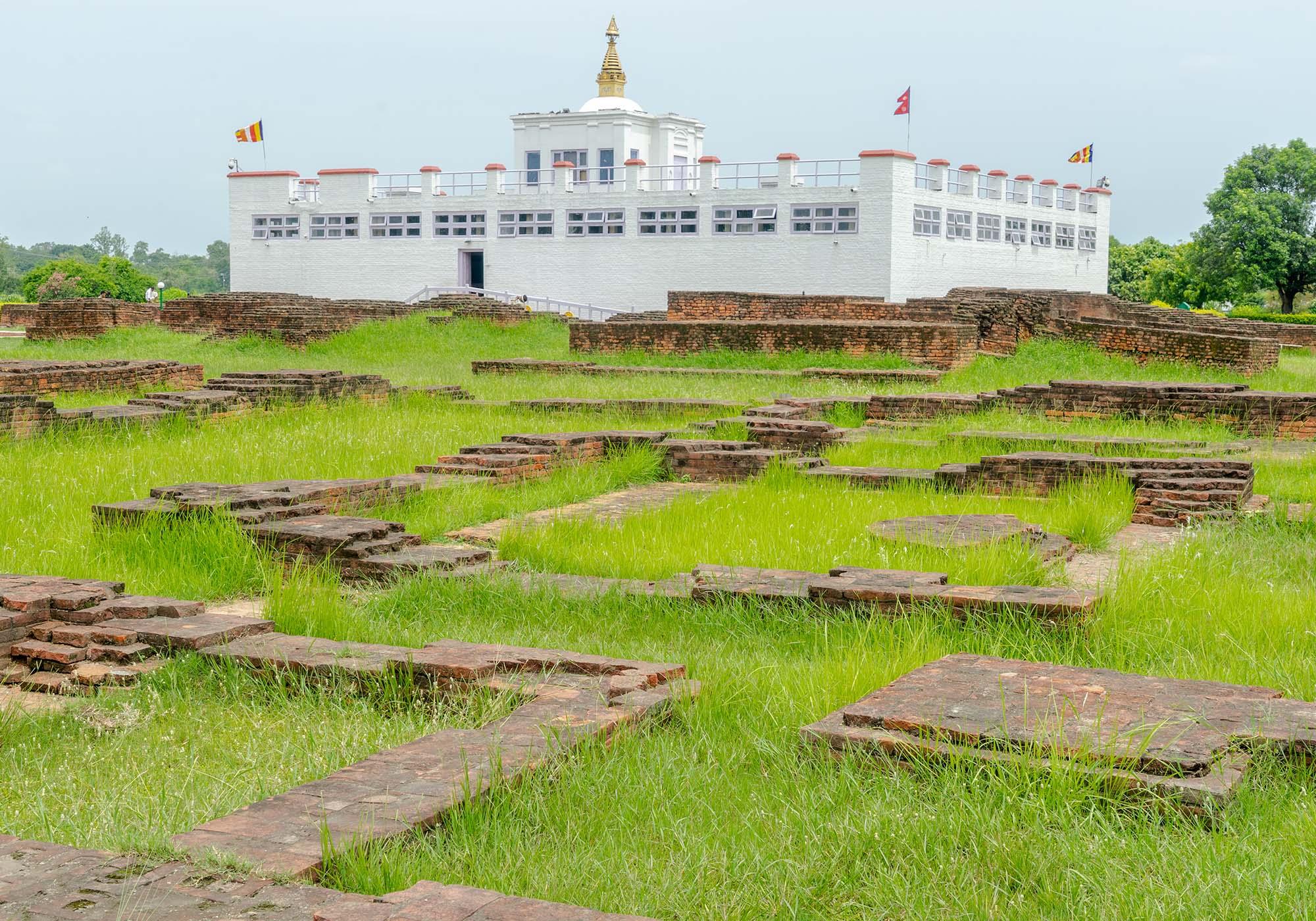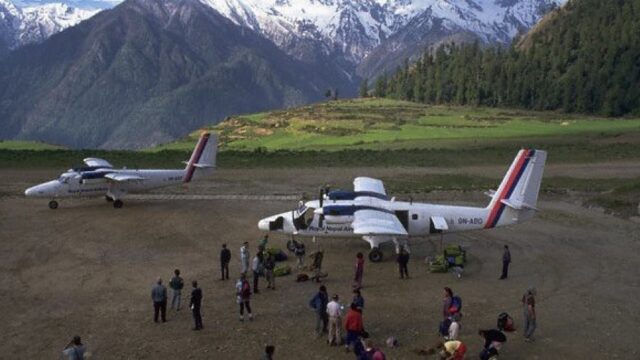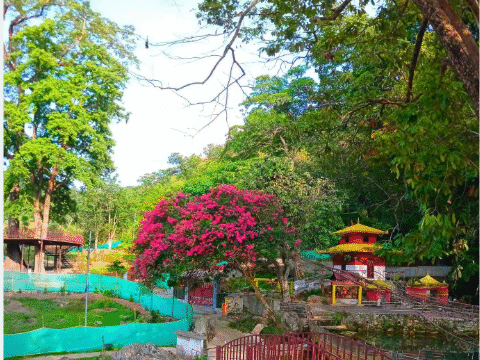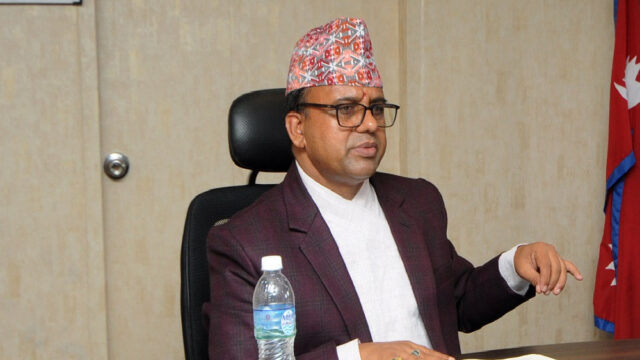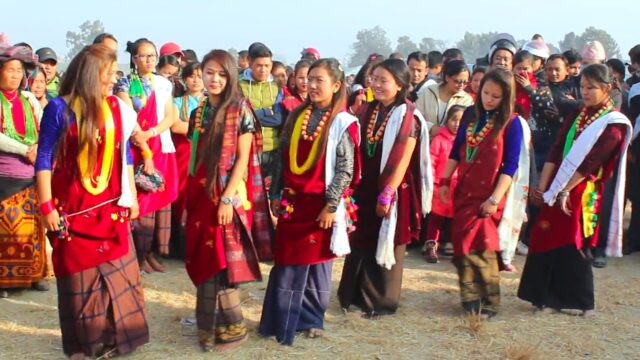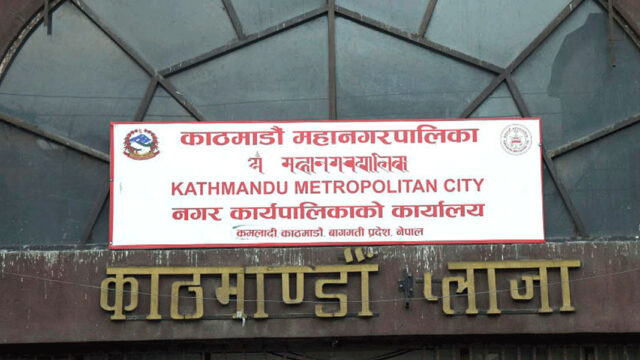The Nepal Buddha Culture Festival is set to take place in September 2025 in South Korea, aiming to highlight Nepal as the birthplace of Siddhartha Gautama, the Buddha. Organized as a cultural and religious event, the festival will serve as a platform to showcase Nepal’s deep Buddhist heritage, historical significance, and its role in shaping Buddhist philosophy worldwide. With a strong emphasis on the message “Buddha Was Born in Nepal,” the event will bring together monks, scholars, historians, and Buddhist devotees from across the globe to honor and explore the life and teachings of Buddha Shakyamuni.
Siddhartha Gautama: The Enlightened One
Siddhartha Gautama, known as the Buddha (meaning “the Awakened One”), was a spiritual teacher and ascetic who lived in South Asia during the 6th century BCE. Born in Lumbini, Nepal, to royal parents of the Shakya clan, Siddhartha grew up in the luxurious surroundings of his father, King Suddhodana’s palace. However, despite the comfort and privileges, he was deeply moved by the suffering of human existence. Leaving behind his royal status, he chose to live as a wandering ascetic in search of enlightenment.
After years of meditation and asceticism, Siddhartha attained nirvana under the Bodhi tree in Bodh Gaya, India, thus becoming the Buddha. He then traveled across the Indo-Gangetic plains, teaching the Middle Way a path that balanced extreme asceticism and sensual indulgence. His core teachings, encapsulated in the Four Noble Truths and the Noble Eightfold Path, emphasized the impermanence of life, the cessation of suffering, and the importance of ethical and meditative practices.
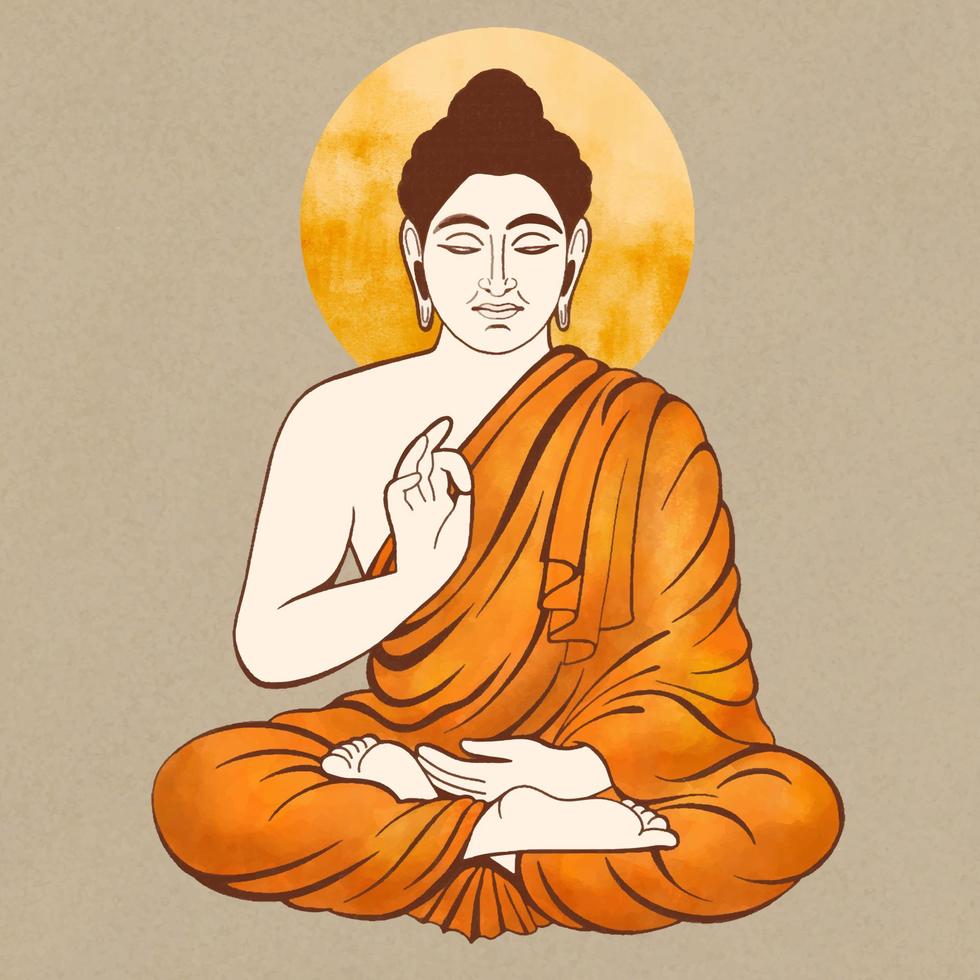
The Legacy of Buddha and the Spread of Buddhism
Following his enlightenment, Buddha established a monastic order and dedicated his life to teaching others about the path to liberation. His teachings were compiled by his disciples into the Vinaya Pitaka (monastic rules) and Sutta Pitaka (discourses), which later formed the foundation of Buddhist scriptures. Over the centuries, Buddhism evolved into three major traditions Theravada, Mahayana, and Vajrayana spreading beyond Nepal and India to countries such as China, Japan, Korea, and Southeast Asia.
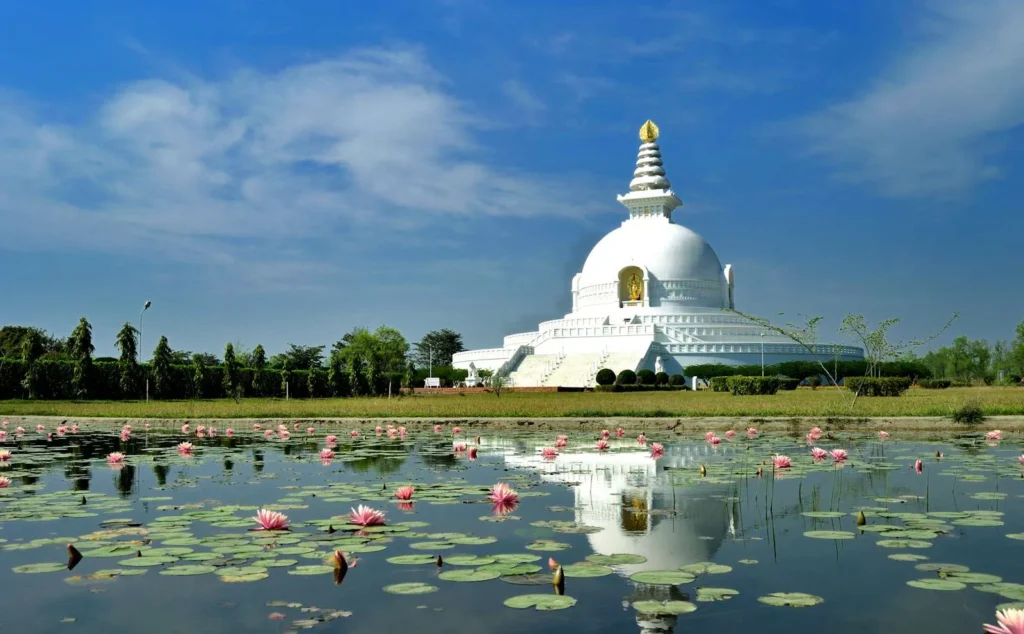
Despite its decline in India, Buddhism flourished in other parts of Asia, particularly in South Korea, where it remains an integral part of spiritual and cultural life. The upcoming Nepal Buddha Culture Festival in South Korea will not only honor the Buddha’s legacy but also reaffirm Lumbini’s historical and religious significance as his birthplace.
Promoting Nepal’s Buddhist Heritage in South Korea
The Nepal Buddha Culture Festival 2025 will feature an array of cultural performances, exhibitions, and scholarly discussions, all centered around the life and teachings of the Buddha. A special exhibition will showcase artifacts, ancient scriptures, and historical evidence affirming Lumbini as the birthplace of Buddha. Additionally, monks from Nepal will conduct traditional Buddhist rituals, while scholars will present research on the profound influence of Buddhism in shaping world history.

This festival will act as a bridge between Nepal and South Korea, strengthening cultural ties and fostering a deeper appreciation of Nepal’s Buddhist heritage on a global scale. The event aims to correct historical misrepresentations and ensure that Nepal’s role in the origins of Buddhism is widely recognized.
A Step Towards Cultural Awareness and Global Recognition
By hosting the Nepal Buddha Culture Festival in South Korea, Nepal is taking a significant step in promoting its cultural and spiritual identity on the international stage. The event will encourage dialogue on Buddhism’s universal message of peace, compassion, and mindfulness, while also boosting Nepal’s tourism industry, particularly in Lumbini, a UNESCO World Heritage Site.
As the world gathers to celebrate the life of Buddha Shakyamuni, the festival will serve as a reminder of Nepal’s unparalleled contribution to Buddhism and its continuing relevance in today’s world. The message “Buddha Was Born in Nepal” will resonate across borders, fostering unity and awareness of Nepal’s sacred legacy in Buddhist history.
